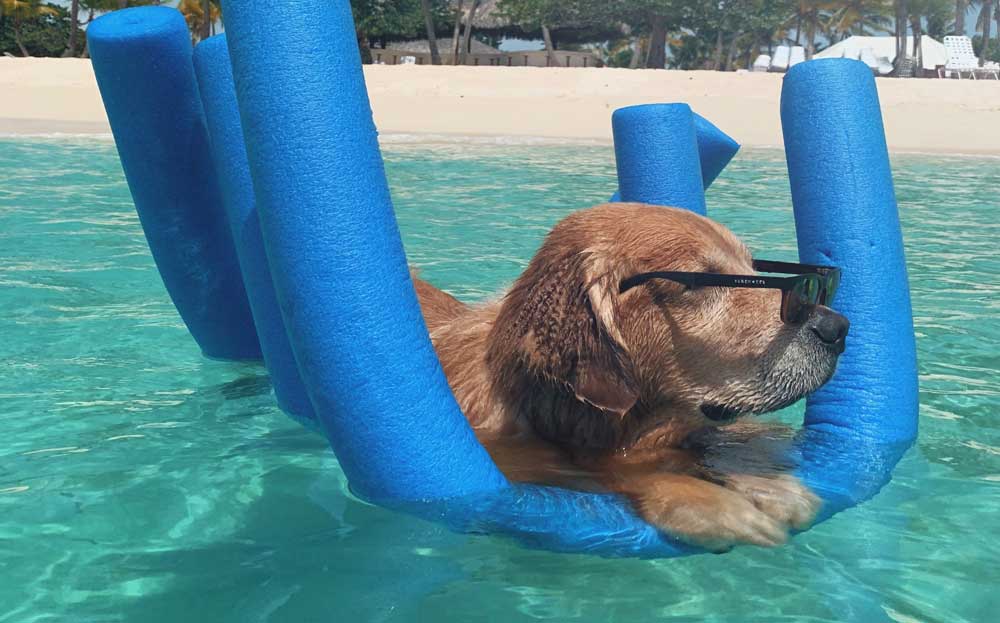Summer is here and with it comes fun in the sun, but have you noticed that your furry friend is not eating as much as they used to? As a pet owner, it's essential to understand that dogs, like humans, can be affected by seasonal changes, and their appetite can be influenced by various factors, including the summer heat.
As temperatures rise, your dog's metabolism and digestive system can slow down, leading to decreased appetite and food intake. It's essential to monitor your dog's eating habits during the summer months to ensure they are getting the proper nutrition they need to maintain their health and energy levels. In this blog article, we will explore the question "Do dogs eat less in summer?" and provide insights into how summer affects dogs differently than humans and what factors can influence their appetite.
We will also provide tips on how to help your dog eat during summer and maintain a balanced diet to keep them healthy and happy.
- Why do dogs eat less in summer?
- What are signs of decreased appetite in dogs?
- What are signs of decreased appetite in dogs?
- What should you feed your dog during summer?
- What should you feed your dog during summer?
Why do dogs eat less in summer?
The reason why dogs may eat less in summer is that the heat can affect their digestion and appetite.
Dogs, like humans, need to maintain a consistent body temperature, and in the summer, their bodies have to work harder to regulate heat. This means that their metabolism can slow down, leading to decreased hunger and food intake. Additionally, the heat can also cause dogs to feel lethargic and less interested in food. Dogs may also be less likely to eat when they are dehydrated, and in the summer, it's crucial to ensure they have access to plenty of fresh water. In summary, the heat affects dogs' bodies in various ways, which can lead to a decrease in their appetite during summer.

What are signs of decreased appetite in dogs?
It's essential to monitor your dog's eating habits, particularly during the summer months when their appetite may decrease. Some signs that your dog may be experiencing decreased appetite include:
- Lethargy
- Lack of interest in food or treats
- Vomiting
- Diarrhea
- Weight loss
If you notice any of these symptoms repeatedly, it's important to consult a veterinarian to rule out any underlying health issues. In some cases, decreased appetite can be a sign of a more severe condition, such as an infection, gastrointestinal issues, or dental problems. A vet can help determine the cause of your dog's decreased appetite and provide appropriate treatment to ensure their health and well-being. In some cases, medication or a change in diet may be necessary to address the issue. It's always better to be safe than sorry, and if you are concerned about your dog's health, it's essential to seek professional help as soon as possible.
Tips to help your dog eat during summer
If you're worried that your dog is not eating enough during the summer, here are some tips to help entice them to eat:
- Offer smaller meals: Instead of feeding your dog one or two large meals, try feeding them smaller, more frequent meals throughout the day. This can help make mealtime more manageable and prevent them from feeling overwhelmed by a big meal.
- Feed in a cooler environment: Dogs are more likely to eat when they are comfortable, so try feeding them in a cooler, shaded area to help keep them relaxed and cool. You can also turn on a fan or air conditioning to help regulate the temperature.
- Provide fresh water regularly: Dogs need access to clean, fresh water at all times, but this is particularly important during the summer when they are at risk of dehydration. Make sure your dog has access to plenty of cool water throughout the day.
- Add some variety to their diet: Try adding some variety to your dog's diet by offering different types of food or treats. You can also try adding a small amount of wet food to their kibble to make it more enticing
- Exercise your dog before mealtime: Take your dog for a walk or play with them before mealtime to help stimulate their appetite. Exercise can help stimulate their digestive system and make them more interested in food.
Remember, if you're concerned about your dog's appetite or overall health, it's always best to consult with your veterinarian to determine the best course of action.
What should you feed your dog during summer?
During the summer months, it's important to pay attention to what you're feeding your dog to ensure they stay healthy, hydrated and well-nourished. Here are some types of food and treats that are ideal for dogs during the summer:- Frozen treats: Frozen treats such as ice cubes, frozen fruits, and dog-friendly ice cream are a great way to keep your dog cool and hydrated during the summer months.
- Foods high in water content: Foods that are high in water content such as watermelon, cucumbers, and lettuce can help keep your dog hydrated and cool. Just be sure to remove any seeds or pits and cut them into small, bite-sized pieces.
- Lean protein: Foods high in lean protein such as chicken or fish can be a good source of energy for your dog during the summer. Just make sure to avoid feeding them fatty meats or bones, as these can be difficult to digest and lead to health problems.
- Limited treats: While treats can be a great way to reward your dog, it's important to limit their intake during the summer. High-fat treats such as cheese or fatty meats can cause digestive problems, so opt for healthier treats such as carrots or green beans instead.
- Consult with your vet: If you're not sure what to feed your dog during the summer, consult with your veterinarian. They can provide guidance on the best diet for your dog based on their age, breed, and health status.
So, to keep your furry friend healthy and happy during the summer, it's important to feed them a well-balanced diet that's high in lean protein and water. Be mindful of treats and make sure to choose healthy options that won't cause any tummy troubles. Just keep these tips in mind, and you can rest easy knowing your pup is getting the nutrition they need to enjoy the sunny season.



